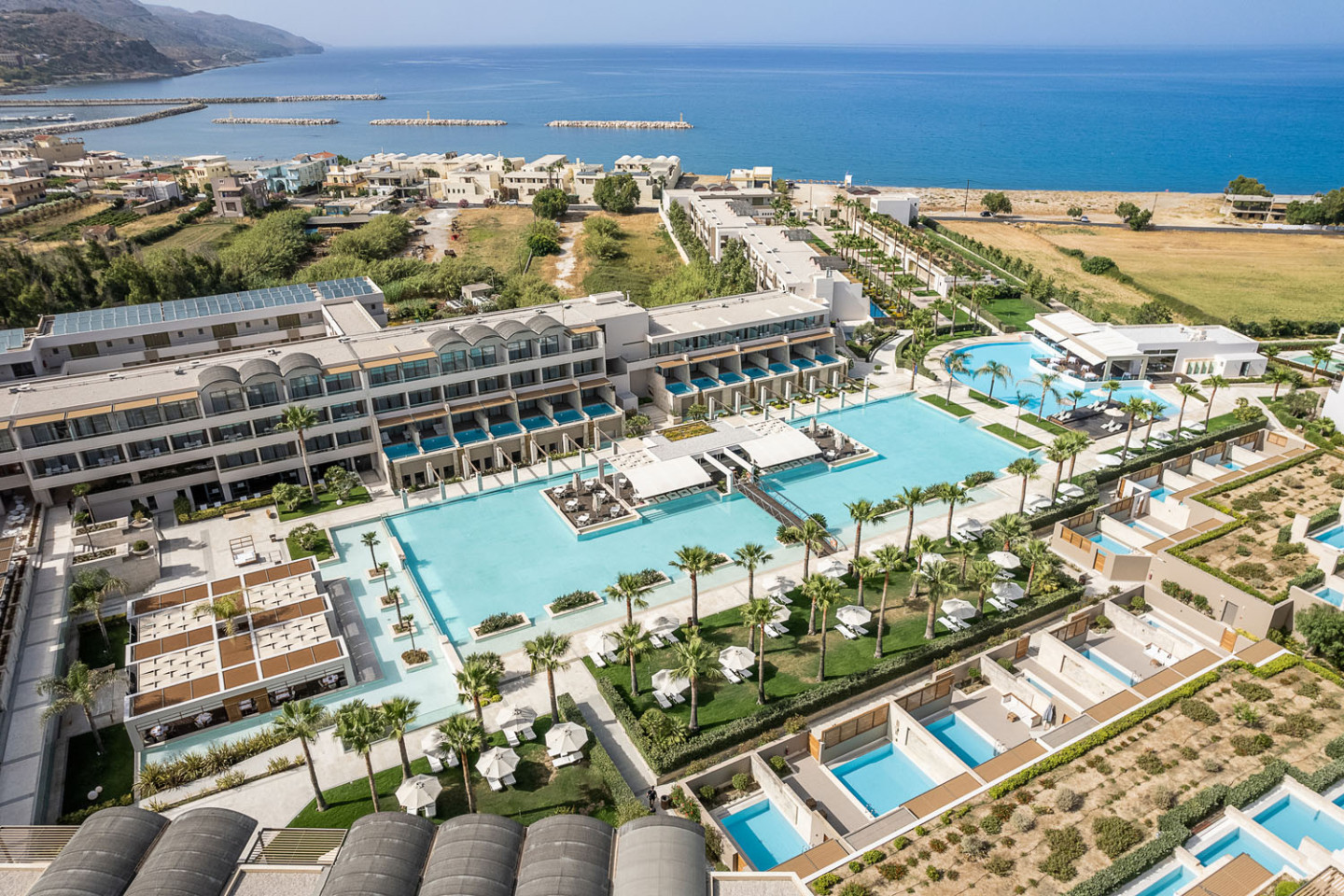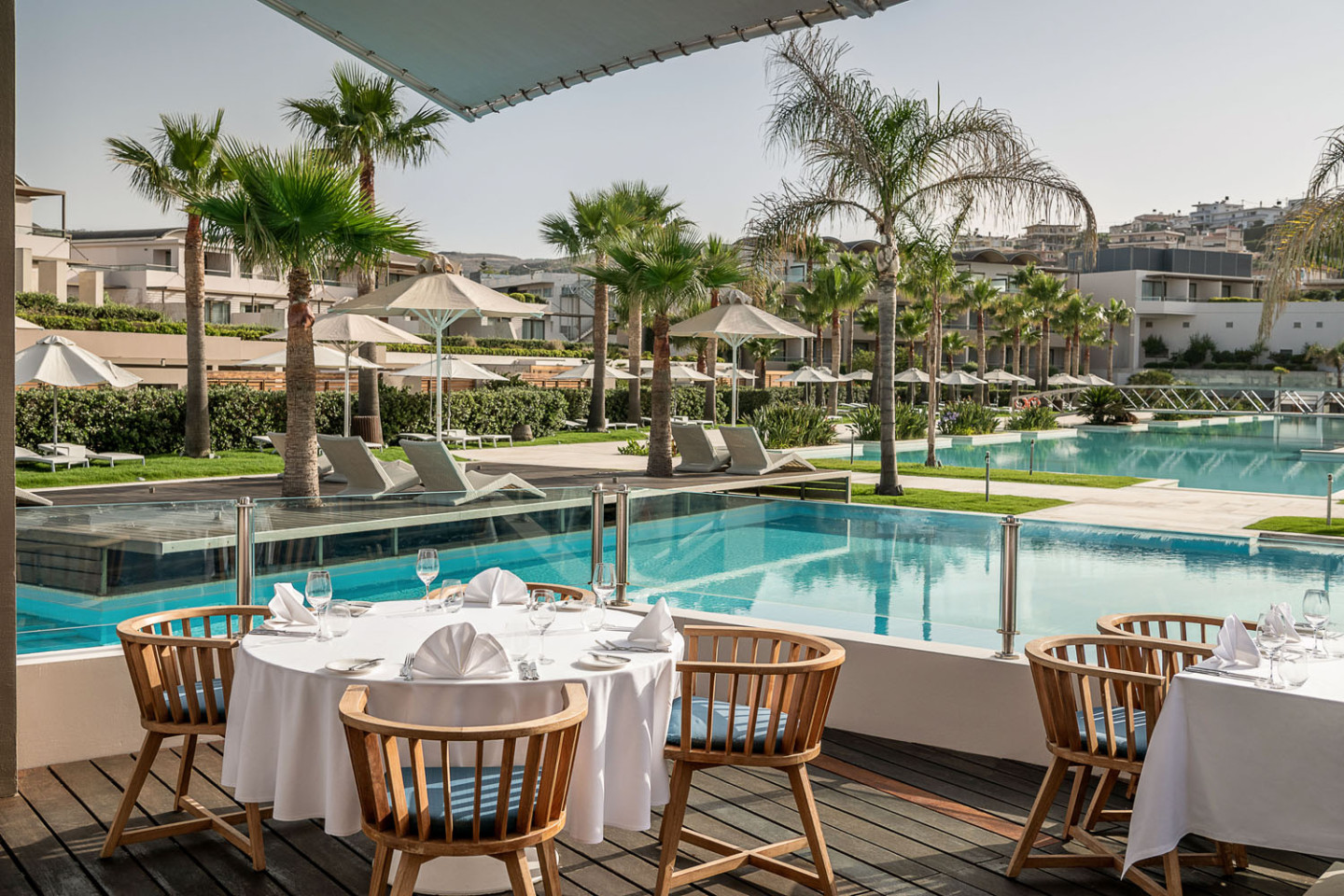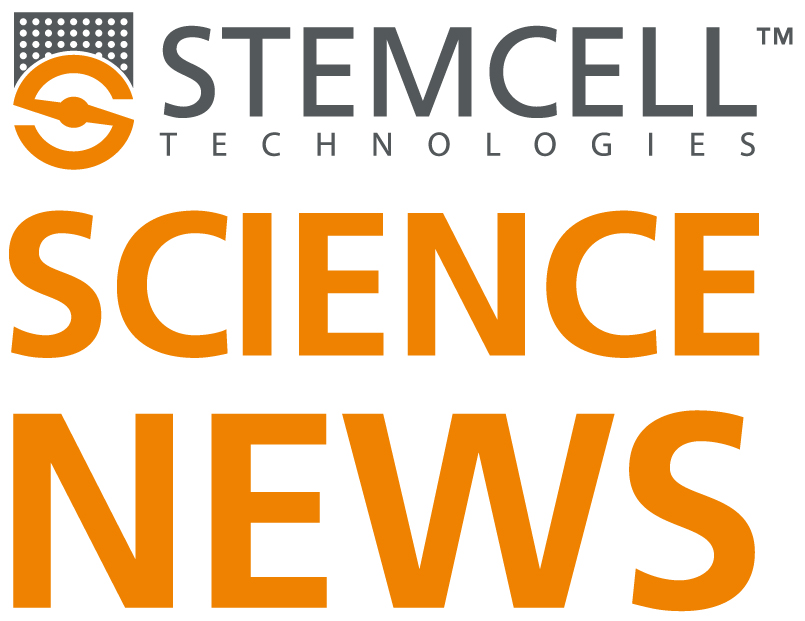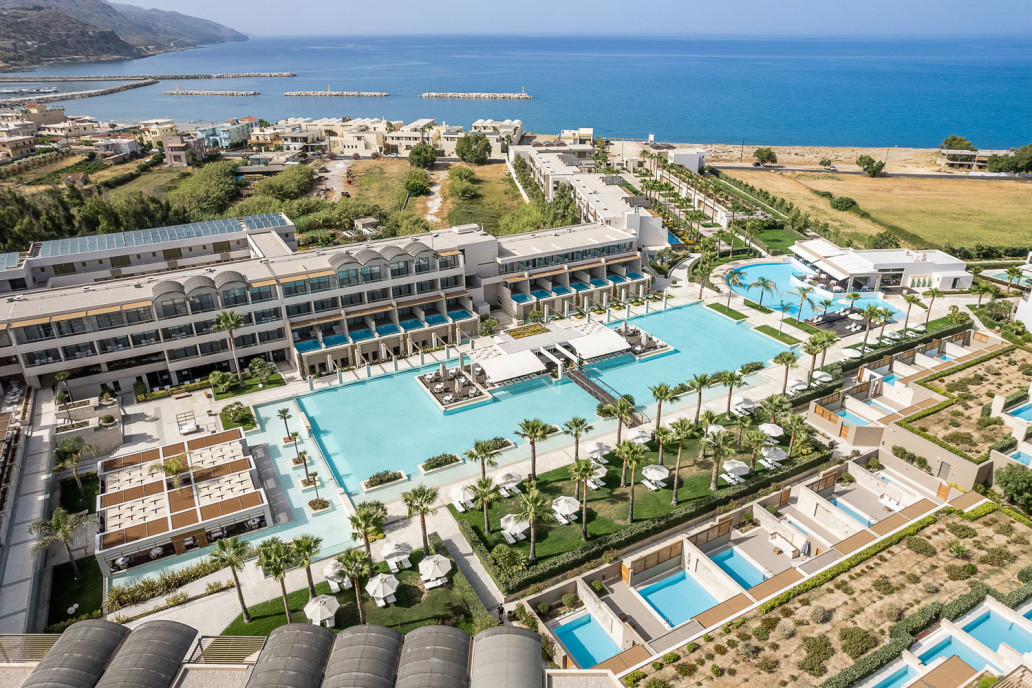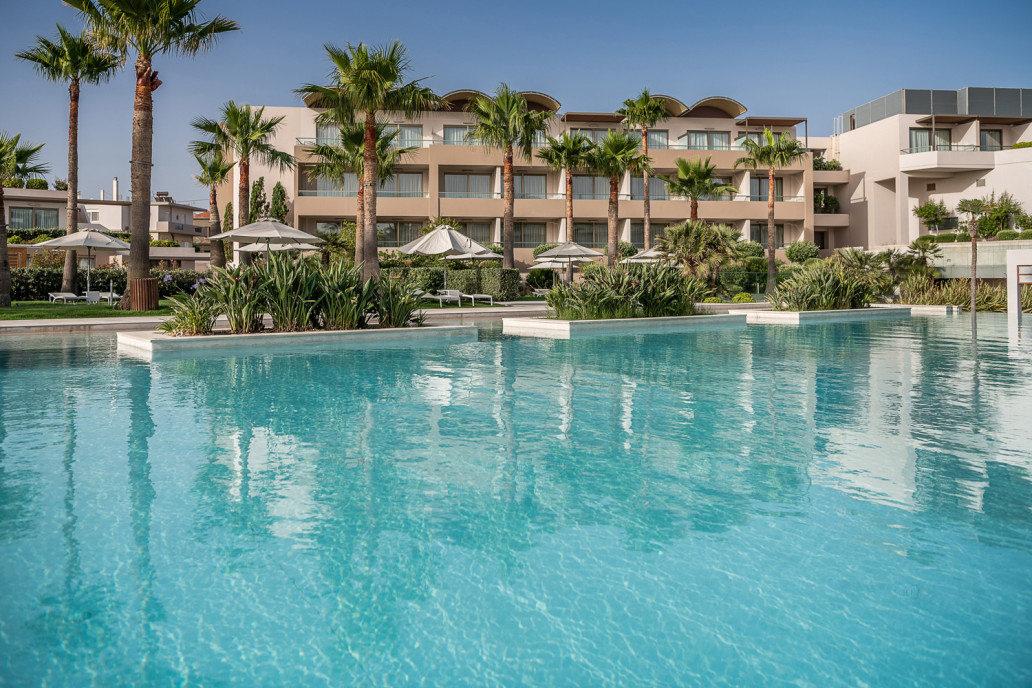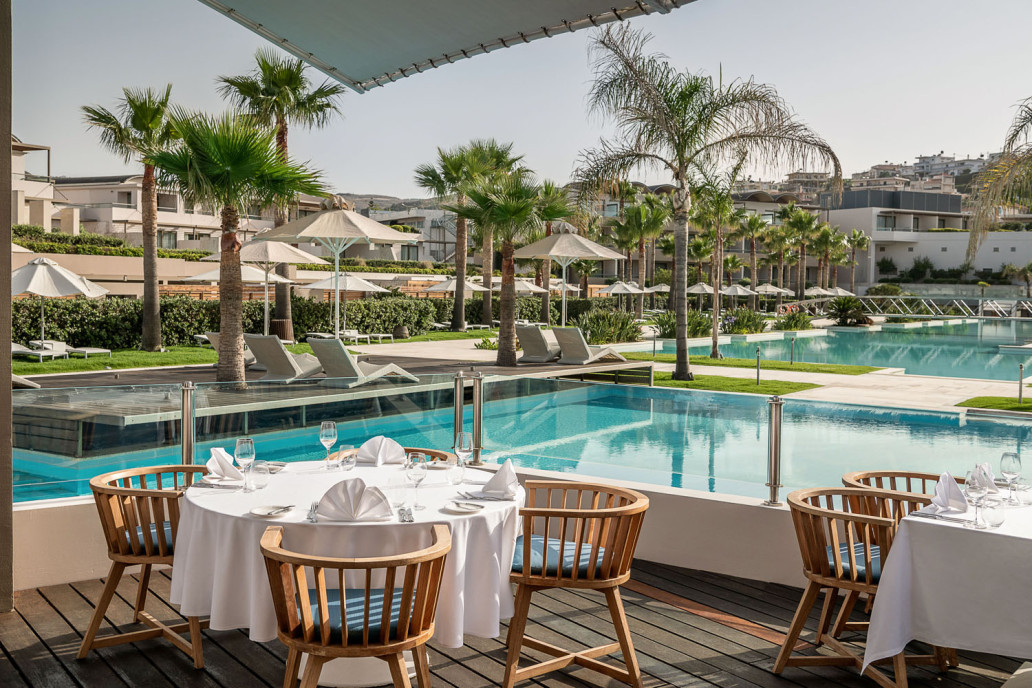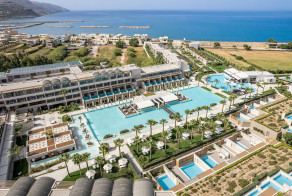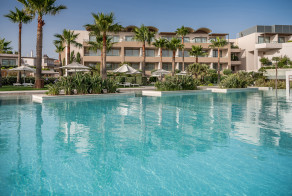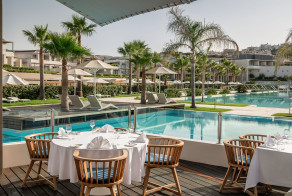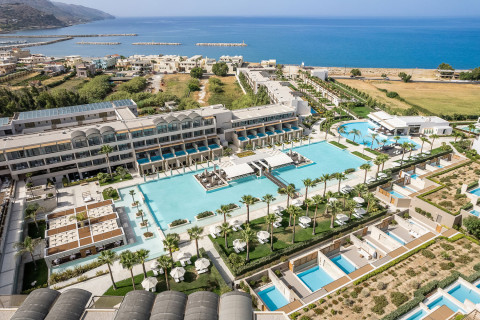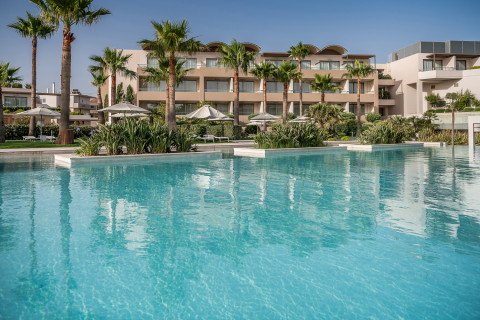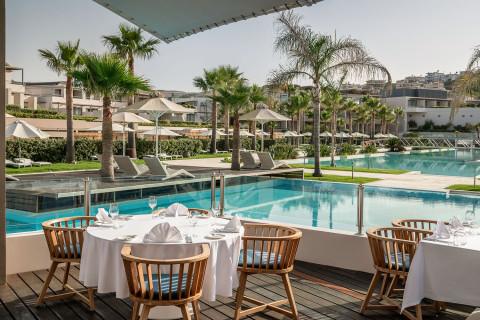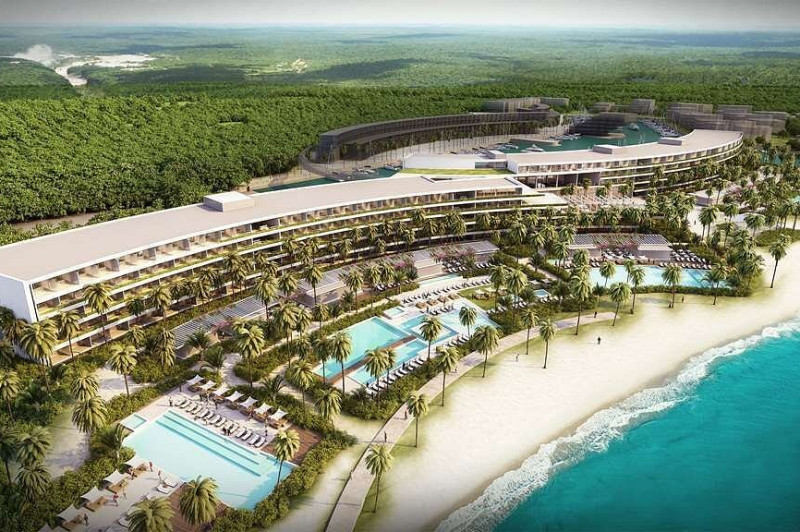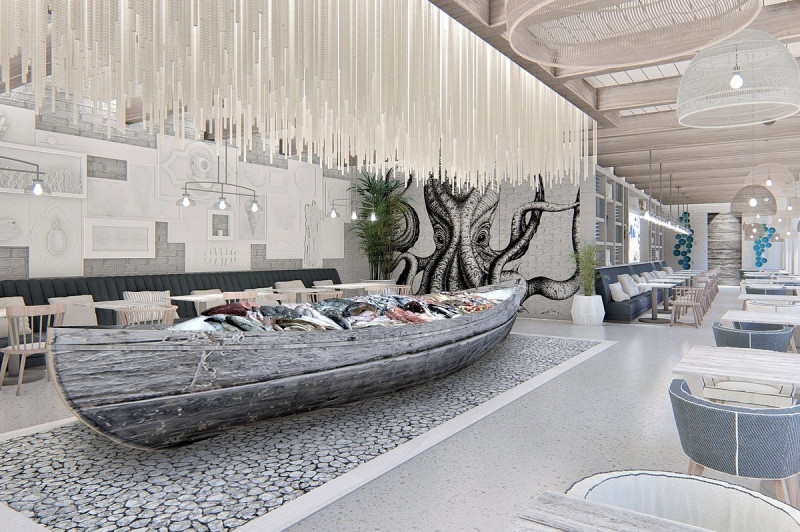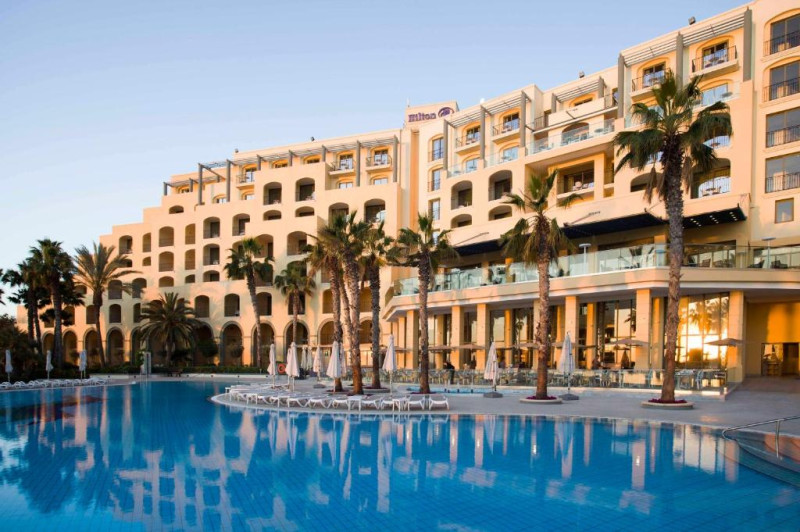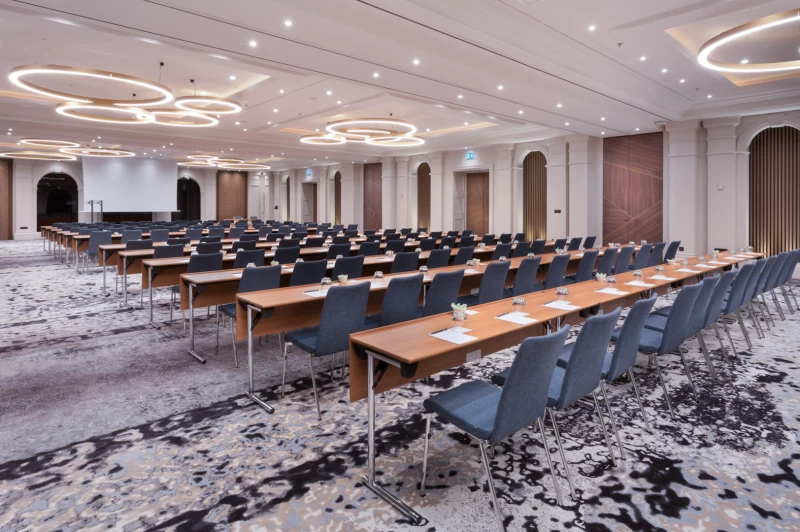- Home
- Past Conferences
- Biology & Therapy of Myeloid Malignancies Conference
Biology & Therapy of Myeloid Malignancies Conference
Understanding and treating myeloid malignancies #MyeloidMalignancies25
14 May - 17 May 2025
Chania, Crete
-
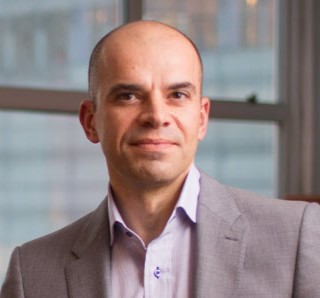
Iannis Aifantis
NYU School of Medicine
-

Ross Levine
Memorial Sloan Kettering Cancer Center
Early Bird - Expired • Talk Submission - Expired • Poster Submission - Expired • Registration & Payment Deadline - Expired
Synopsis
This first ever Fusion Conference focused on the biology and therapy of Myeloid malignancies aims to bring together leading experts to discuss the latest advancements and current challenges in this rapidly evolving field. This conference will provide a comprehensive overview of basic, translational, and clinical research, highlighting the collaborative efforts to improve our understanding and treatment of myeloid malignancies. This is a fast-evolving area, where significant strides have been made in uncovering the molecular and genetic foundations of the large variety of myeloid neoplasms and also pre-neoplastic conditions. Also, it is an area that has been marked by a number of technologic advances, including in computational analysis, single cell sequencing and spatial omics mapping in different tissues and microenvironments. The meeting will also highlight efforts to translate basic research findings into clinical applications.
Sessions will showcase novel biomarkers for early diagnosis, prognosis, and treatment monitoring, including the use of minimal residual disease (MRD) markers. Innovative preclinical models, such as patient-derived xenografts and organoids, will be discussed, illustrating their utility in testing new therapeutic agents. The development of targeted therapies, including FLT3, IDH1/2, Menin inhibitors and BH3 mimetics, will be discussed and mechanisms of response and resistance will be analyzed. Moreover, the Conference welcomes clinical presentations that provide updates on recent clinical trials and emerging therapeutic strategies. The meeting will explore combination therapies that integrate targeted agents with traditional chemotherapies or immunotherapies, aiming to enhance efficacy and overcome resistance. Managing treatment-related toxicities and the importance of supportive care in improving patient outcomes will also be addressed. A highlight will be the exploration of immunotherapies, such as chimeric antigen receptor (CAR) T-cell therapy, bispecific antibody treatments and immune checkpoint inhibitors. Such treatments have shown promise in other blood cancer and are now being actively investigated for myeloid malignancies. The challenges of immune evasion mechanisms in these cancers will be examined, emphasizing the need for combinatorial approaches to optimize the effectiveness of such immune-focused treatments. The meeting will also focus on future research directions in our field. The need for multidisciplinary collaborations to integrate insights from basic, computational, translational, and clinical research will be emphasized. Emerging technologies, such as spatial sequencing, advanced imaging techniques or CRISPR/Cas9 editing approaches, to mention a few, will be discussed. Additionally, the importance of patient-centric research, incorporating patient-reported outcomes and quality of life measures, will be highlighted.
In summary, this meeting aims to provide a comprehensive update on the current status of the area of myeloid malignancy. By showcasing the dynamic interplay between basic discoveries and clinical applications, the conference will underscore the progress made in understanding and treating these complex diseases while also identifying ongoing challenges and future research needs. The event will serve as a platform for fostering collaboration and advancing the field.
Confirmed Keynote Speakers
Ido Amit (Weizmann Institute of Science)
LEVERAGING SINGLE-CELL TECHNOLOGIES TO ENGINEER THE IMMUNE SYSTEM
John Dick (University of Toronto)
WHAT MAKES A STEM CELL A STEM CELL AND HOW DOES IT GO BAD
Confirmed Invited Speakers
Scott Armstrong (Dana-Farber Cancer Institute)
THERAPEUTIC TARGETING OF CHROMATIN COMPLEXES IN LEUKEMIA
Tanya Bondar (Blood Cancer Discovery)
John Crispino (St. Jude Children's Research Hospital)
COHESIN MUTATIONS DRIVE LEUKEMIA PROGRESSION IN DOWN SYNDROME THROUGH DOWNREGULATION OF HLA CLASS II GENE EXPRESSION
Ann-Kathrin Eisfeld (The Ohio State University)
AML GENOMICS: OFF THE BEATEN PATH
Saar Gill (University of Pennsylvania)
CELL THERAPY OF MYELOID MALIGNANCIES
Tanja Gruber (Stanford University)
EPIGENETIC PRIMING IN PEDIATRIC AML
Catriona Jamieson (UC San Diego)
STEM CELL PATHWAYS AGING AND CANCER EVOLUTION (SPACE)
Priscilla Kelly (Science)
Dan Landau (Weill Cornell Medicine)
MAPPING COMPLEX PHENOTYPES TO GENOTYPES WITH SINGLE-CELL MULTI-OMICS IN HEMATOPOIETIC CLONAL OUTGROWTHS
Sanam Loghavi (MD Anderson Cancer Center)
CONTEMPORARY DIAGNOSTIC EVALUATION, RISK STRATIFICATION AND DISEASE MONITORING OF MYELOID NEOPLASMS
Linde Miles (Cincinnati Children’s Hospital)
INTERROGATING CLONAL EVOLUTION IN ACUTE MYELOID LEUKEMIA
Johanna Olweus (Oslo University Hospital)
EXPANDING THE REPERTOIRE OF THERAPEUTIC TARGETS IN HEMATOLOGIC MALIGNANCIES WITH T-CELL RECEPTORS
Elli Papaemmanouil (Memorial Sloan Kettering Cancer Center)
Eirini Papapetrou (Mount Sinai - New York)
HOW DO TET2-MUTANT HSPCS GAIN THEIR CLONAL ADVANTAGE?
Bethan Psaila (University of Oxford)
HuMONICs: USING HUMAN BONE MARROW ORGANOIDS TO INTERROGATE NICHE INFLUENCES ON ANTI-CANCER IMMUNOTHERAPIES
Rebekka Schneider-Kramann (University Hospital RWTH Aachen)
DECODING THE IMMUNE-STROMA INTERACTIONS IN MPN: IDENTIFYING DRIVERS OF FIBROSIS AND UNVEILING NOVEL THERAPEUTIC TARGETS
Eytan Stein (Memorial Sloan Kettering)
BUILDING ON THE SUCCESS OF MENIN INHIBITORS IN ACUTE LEUKEMIA
Jennifer Trowbridge (The Jackson Laboratory)
THE BONE MARROW MICROENVIRONMENT IN CLONAL HEMATOPOIESIS AND MYELOID MALIGNANCY
Andreas Trumpp (Heidelberg Institute for Stem Cell Technology)
THERAPY-SPECIFIC RESPONSE AND RESISTANCE OF LEUKEMIC STEM CELL SUBTYPES
George Vassiliou (Cambridge Stem Cell Institute)
CLONAL HAEMATOPOIESIS AND PREVENTION OF MYELOID MALIGNANCIES
Paresh Vyas (University of Oxford)
TCR BASED THERAPY FOR AML
Alexia-Ileana Zaromytidou (Nature Cancer)
Target Audience
- Haematologists and Oncologists
- Researchers and Scientists in the areas of Haematopoiesis and Leukaemia
- Haemato-Pathologists and Molecular Pathologists
- Immunologists with a focus in hematologic malignancies
- Technology developers with an emphasis on imaging and sequencing-based approaches
Educational Need
There are few meetings that focus on hematologic malignancies and even fewer focusing on the study of acute leukaemia. The field is quite large, with a large number of basic, translational and clinical researchers around the country and the world. There are even fewer meetings outside of the US, suggesting that there will be a large number of applicants outside of the US, mainly from Europe and the middle east.
Confirmed Speakers
Chairs

Iannis Aifantis
NYU School of Medicine

Ross Levine
Memorial Sloan Kettering Cancer Center
Plenary Speakers
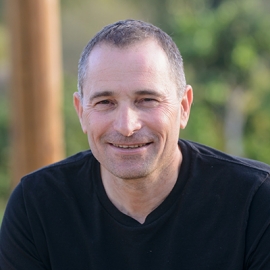
Ido Amit
Weizmann Institute of Science
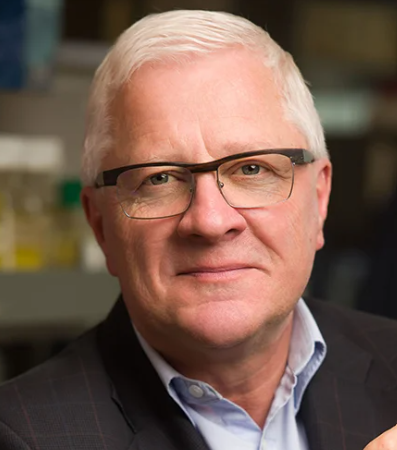
John Dick
University of Toronto
Invited Speakers

Scott Armstrong
Dana-Farber Cancer Institute

David Beck
NYU Grossman School of Medicine
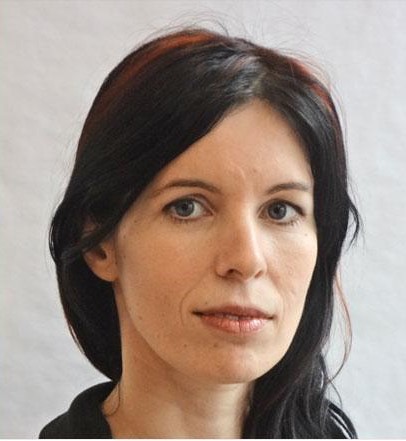
Tanya Bondar
Blood Cancer Discovery

John Crispino
St. Jude Children's Research Hospital
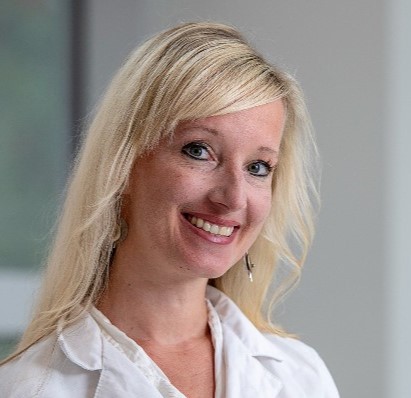
Ann-Kathrin Eisfeld
The Ohio State University

Saar Gill
University of Pennsylvania
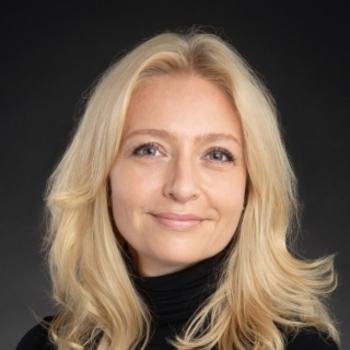
Tanja Gruber
Stanford University

Catriona Jamieson
UC San Diego

Priscilla Kelly
Science
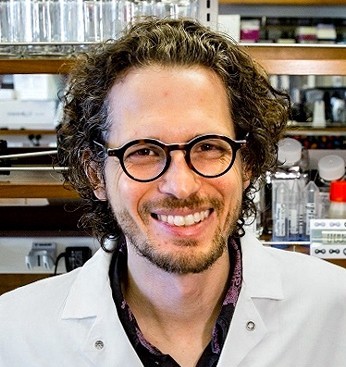
Dan Landau
Weill Cornell Medicine

Sanam Loghavi
MD Anderson Cancer Center
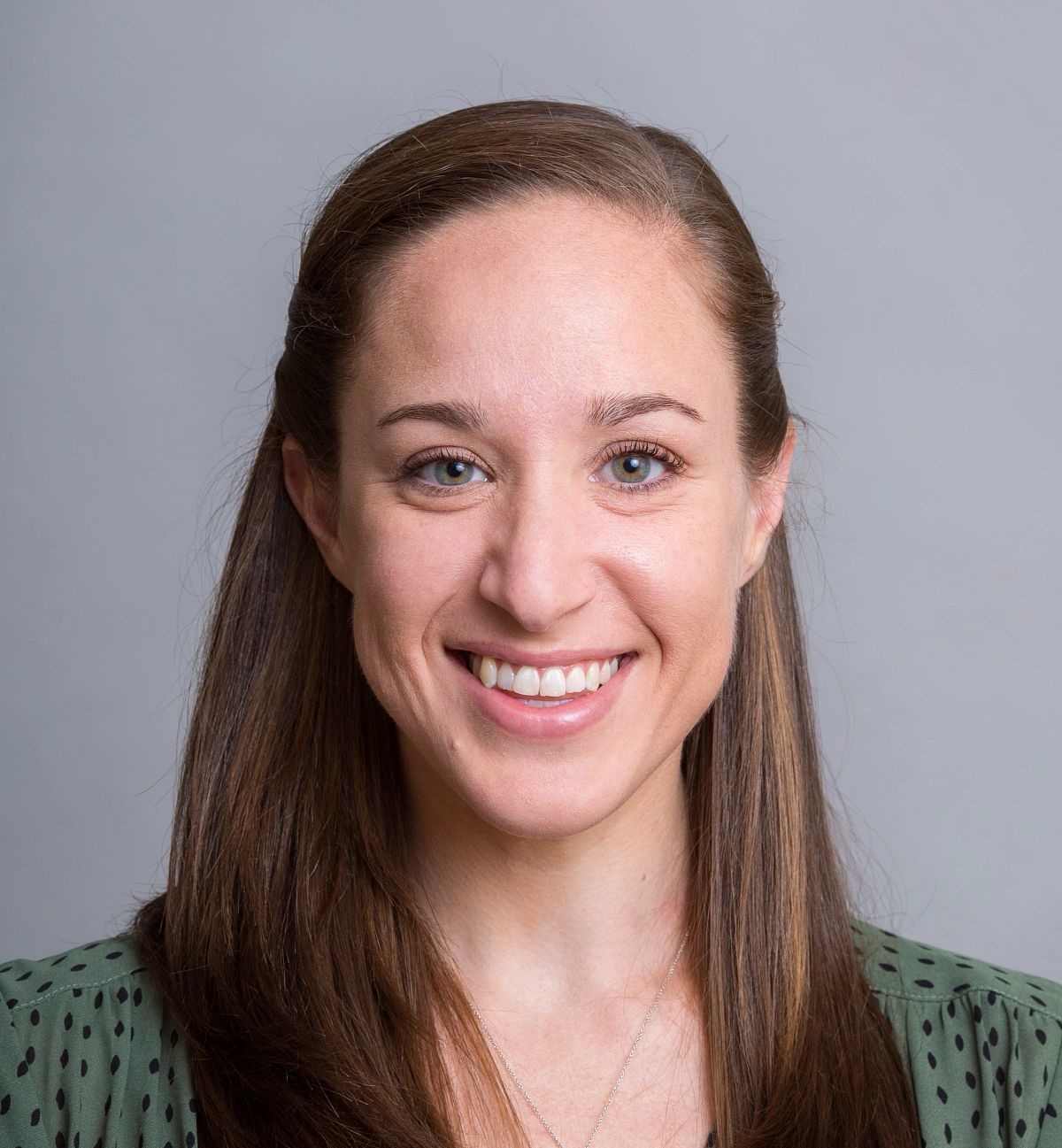
Linde Miles
Cincinnati Children’s Hospital
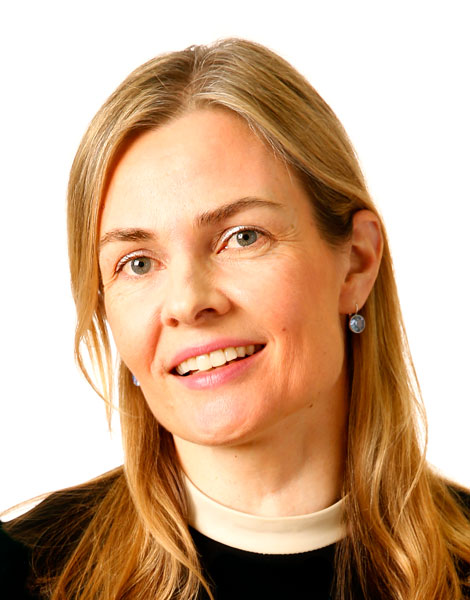
Johanna Olweus
Oslo University Hospital

Elli Papaemmanouil
Memorial Sloan Kettering Cancer Center
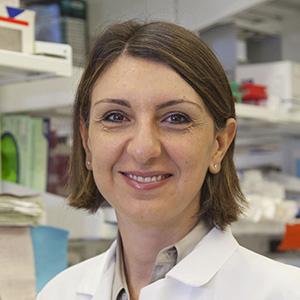
Eirini Papapetrou
Mount Sinai - New York
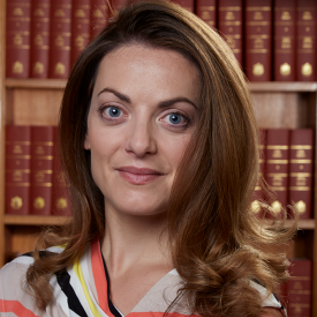
Bethan Psaila
University of Oxford

Rebekka Schneider-Kramann
University Hospital RWTH Aachen

Eytan Stein
Memorial Sloan Kettering

Jennifer Trowbridge
The Jackson Laboratory
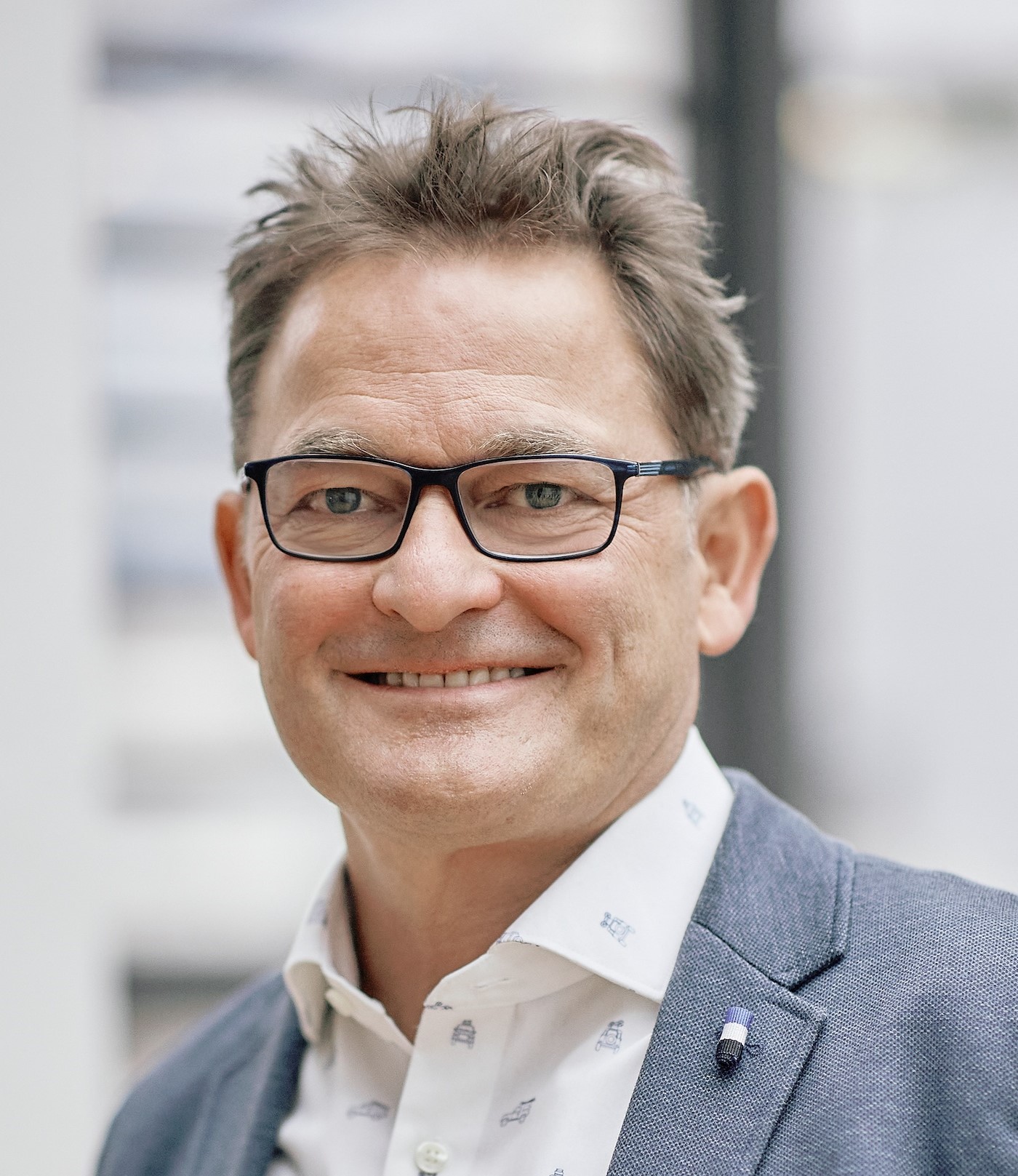
Andreas Trumpp
Heidelberg Institute for Stem Cell Technology

George Vassiliou
Cambridge Stem Cell Institute
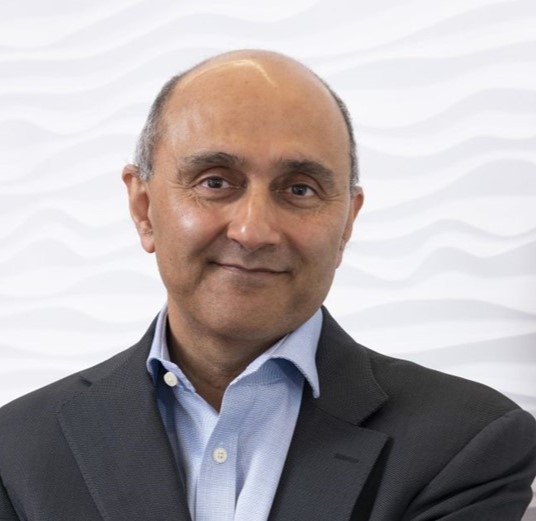
Paresh Vyas
University of Oxford

Alexia-Ileana Zaromytidou
Nature Cancer
Programme
Supported by
Interested in sponsoring this conference?
Contact usVenue & Location
Avra Imperial
The Avra Imperial Hotel is situated on the picturesque bay of Kolymbari, 23km west of Chania, in Crete. Located next to the beautiful beach of Kolymbari, awarded with the EU Blue Flag, set amongst 65,000m² of fragrant lush gardens and surrounded by crystal clear turquoise waters of the Cretan sea with stunning views over the semi-mountainous peninsula, this makes for a wonderful setting for this conference.
With top class facilities including impressive swimming pools, five excellent restaurants and four vibrant bars, sports & leisure facilities, crèche & children’s club, shops, plus a rejuvenating and uniquely designed spa, there is plenty to occupy your free time whether you choose to relax and stay within the hotel or decide to venture further afield and see what Crete has to offer.
The themed Gala Night takes place on the penultimate evening of the conference with a mouth-watering feast of local cuisine, a bar and amazing local entertainment. We welcome all delegates and their accompanying persons to the Gala Night – a truly fun filled night not to be missed!
General Information
Venue Rating
★ ★ ★ ★ ★
Currency
Euro (EUR)
Address
Kolymbari 73006 Chania Crete Greece.
Nearest Airport
Chania International Airport
Hotel Facilities
Hotel facilities include:
- Complimentary Wi-Fi in guest rooms and throughout hotel and conference areas
- 3 outdoor pools for adults & 2 children’s pools
- 2 buffet restaurants & 3 à-la-carte restaurants
- 4 vibrant bars
- Wellness & Fitness Center with heated indoor pool
- Open-air amphitheater
- 2 tennis courts
- Beauty & Hair Salon
Location
Situated 23km west of Chania, Avra Imperial Hotel is positioned in the village of Kolymbari (or Kolimbari, Kolymvari), a true Cretan seaside village, surrounded by olive goves, located on the corner formed between the northern coastline of western Crete and the Rodopos peninsula stretching towards north. The waterfront and the jetty of the new harbor, that encloses the oldest small harbor with fishing boats, is ideal for a stroll in the afternoon, overlooking the blue of the sea, on one side, and on the other, the hills and the mountains of Rodopos peninsula, rising behind the house roofs.
If you are interested in this meeting but not yet ready to register, you can sign up for updates here and our team will keep you updated regarding deadline reminders and grant opportunities relating to this meeting only.
If you're interested in sponsoring this conference please contact us.
Conference Manager

Jack Peters
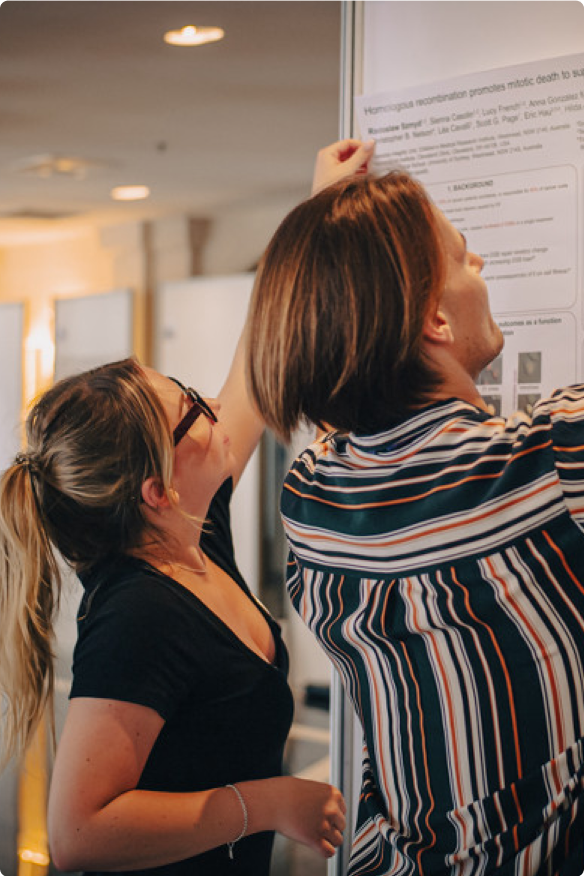
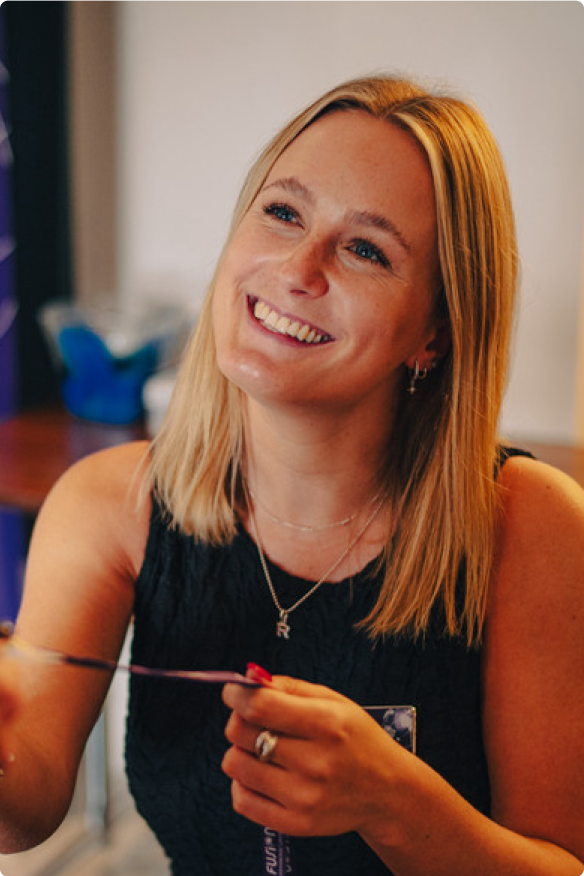
Need some help? Chat to the Fusion team today
As a family run business, our dedication runs deep. We’re committed to each other and, even more so, to every attendee’s experience, delivering a level of care and passion that’s truly unmatched.
